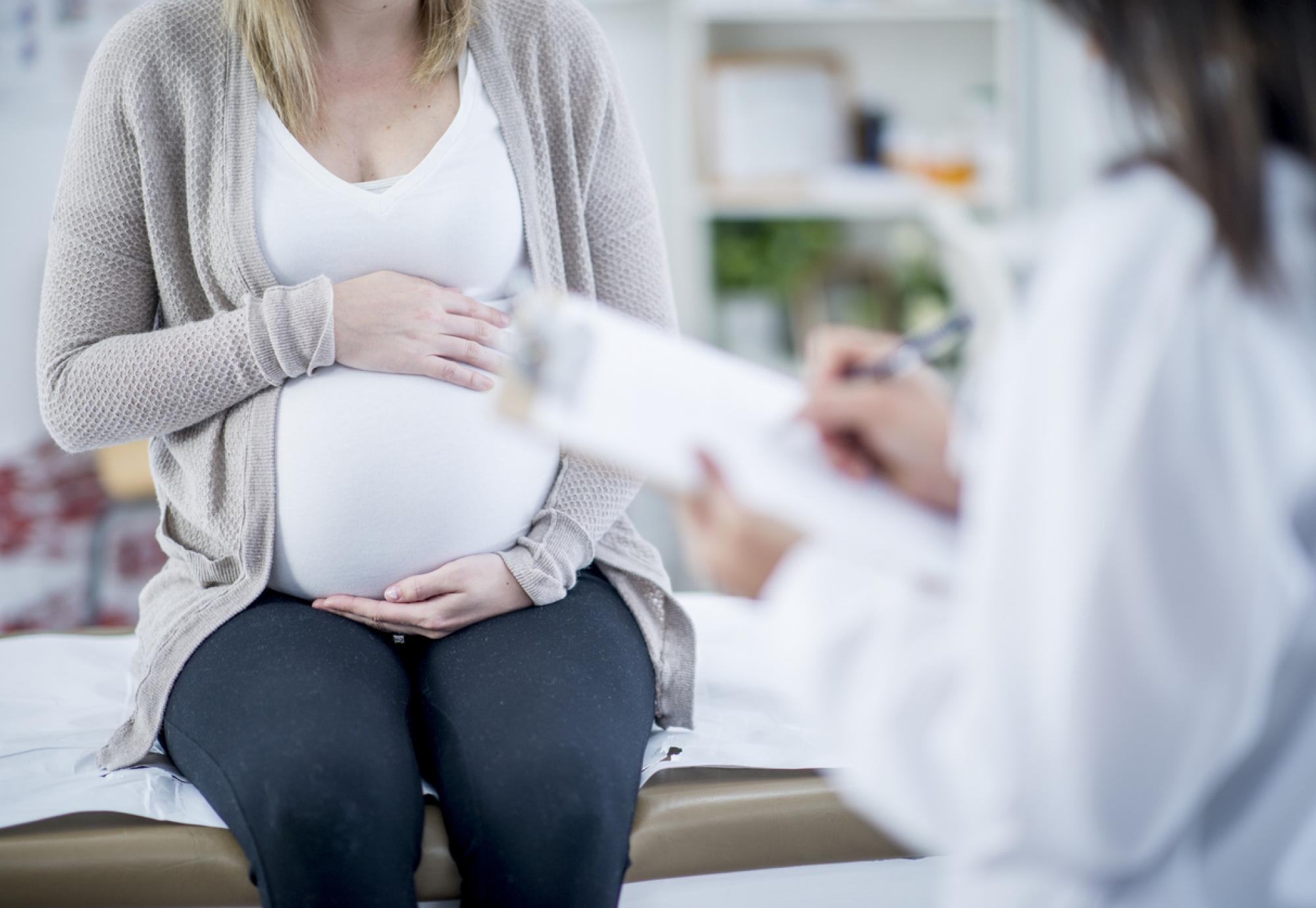The Royal College of Midwives (RCM) have developed new guidance to help support health professionals working on maternity wards as well as the women using the services, in a bid to create a shared language for pregnancy, labour and birth.
The project, named Re:Birth, was first launched in 2020 and originally sought to build a new lexicon that better reflects the needs of the women using maternity services and “puts personification at the front and centre” of care.
But now, with the help of almost 1,500 women who have given birth in the last five years and health professionals up and down the country, Re:Birth is advising that midwives and obstetricians put women “at the heart” of all conversations.
It says maternity staff should follow the five A’s:
- Acknowledge – If the woman has had a previous birth, acknowledge this as a birth or if this is her first time. If she has had a previous bereavement, that should also be acknowledged.
- Ask – How would the woman describe a birth she has had or would like to have?
- Affirm – Check with the woman the language used in your notes to describe any previous birth. Does that description feel right to her?
- Avoid – Try not to make assumptions about her choices.
- Annotate – Record the woman’s own description of her previous experience of birth, and her language preferences.
Shirley Cramer CBE, the independent chair of the Re:Birth project, said: “Pregnancy and birth are extraordinarily personal, and personalising care is central to good outcomes and experience.
“There has been a great deal of debate in recent years about the language around birth, and the impact it can have. During this project, for example, women were keen to tell us how terms such as ‘failure to progress’ or ‘lack of maternal effort’ can contribute to feelings of failure and trauma.
“In every aspect of our lives, language matters – and in health and care settings, it’s even more important. How we communicate with each other can determine the quality and impact of the care given and received, which is why developing a shared language is so important.
“How we use language inevitably evolves over time, but we hope that the Re:Birth project will help to embed a shared, respectful way of discussing birth.”
In keeping with their efforts to create a shared language, those heading up the Re:Birth project set out to ascertain what terms certain women preferred when discussing their births. For example, the term “birth” was much more popular than “delivery” and other words. The term “caesarean birth” was more popular than “caesarean section”, whilst “spontaneous vaginal birth” proved more palatable than its alternatives such as “natural birth” or “unassisted birth” – this research was key when building this universal language.
Gill Walton, Chief Executive of the RCM, said: “The relationship between a midwife and the women in her care is an incredibly intimate one.
“The role of the midwife is to advise and support women, to listen to them and to advocate on their behalf. To do that successfully, we have to share a language. That is why Re:Birth is so important. It puts women’s choices at its heart, so that they are in the driving seat when it comes to how their labour and birth are described.
“We know that, particularly in England, there has been an increasingly heated debate around the term ‘normal birth’. Whatever your personal perspectives, it’s clear that when describing labour and birth, the term means many different things to different people, which has caused misunderstanding, confusion and upset.
“These public conversations have raised questions about all the terms we use to describe different types of birth. How can we ensure that the language we use helps support safe and high quality care? Which terms serve our maternity community best? Many of us involved in maternity care, including the Royal College of Midwives, believe that this language needs to be reviewed and, in a sense, reborn. Hence, Re:Birth.”
More information about the Re:Birth project is available here.



















